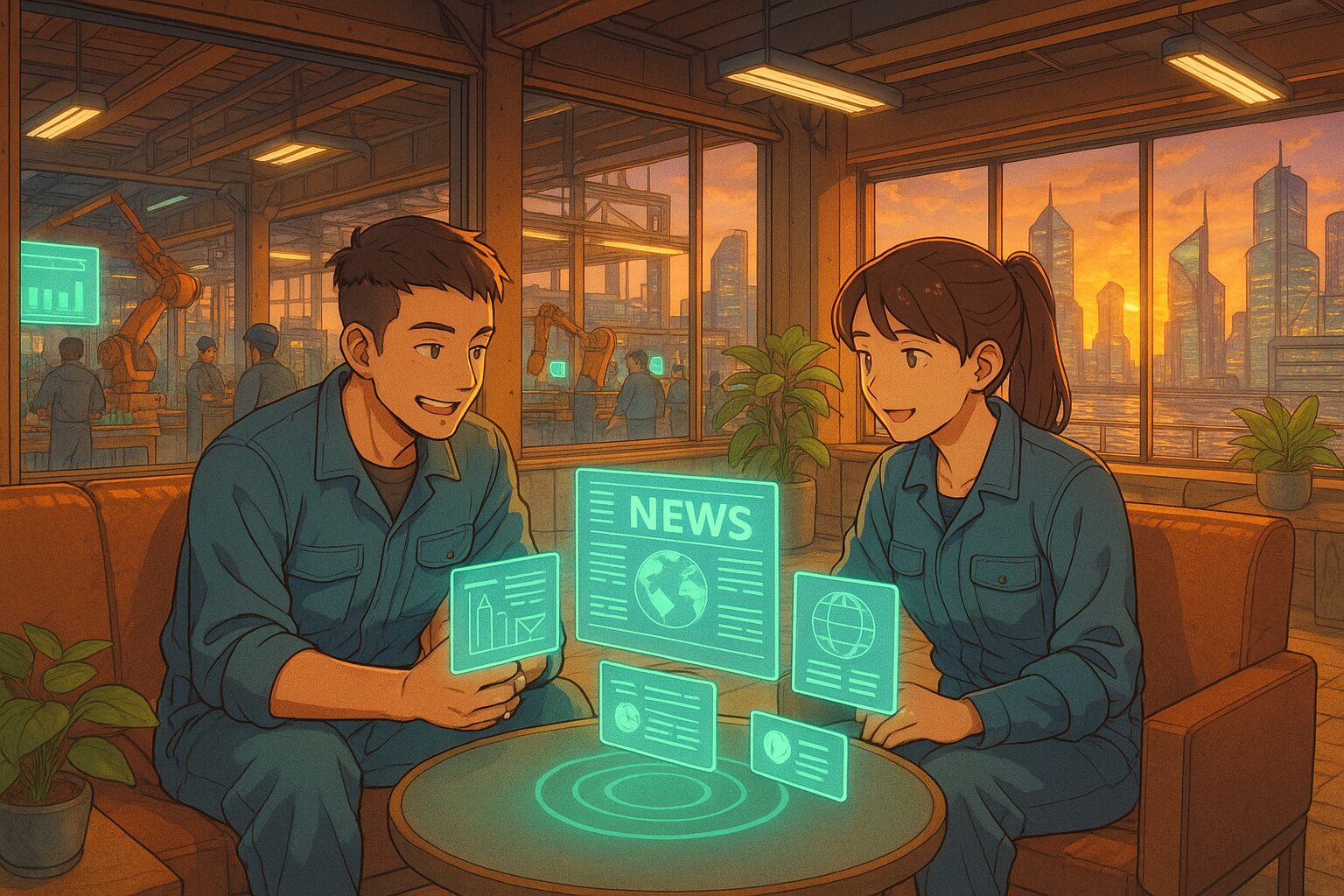The Future of Ghana: Insights from TICAD-9
As a new cooperation relationship between Africa’s development and Japan begins, what changes are coming to Ghana’s future? If this trend continues, what will our world look like?
1. Today’s News
Source:
Mahama secures key agreements at TICAD-9 to boost Ghana’s development
Summary:
- Ghana’s President John Dramani Mahama established a new cooperation relationship with Japan at TICAD-9.
- The areas of cooperation include infrastructure, agriculture, technology, and industrialization.
- This cooperation is expected to promote Ghana’s development.
2. Considering the Background
Infrastructure development and technological innovation are essential for Africa’s development. In countries like Ghana, the slow progress in road and communication network development has been a hindrance to economic growth. Additionally, since agriculture is the country’s main industry, improving agricultural technology is also crucial. TICAD (Tokyo International Conference) serves as a platform for Japan and African countries to work together on these issues, and the recent agreements are one of the results of this collaboration. If this trend continues, what future awaits us?
3. What Will the Future Hold?
Hypothesis 1 (Neutral): A Future Where Cooperation with Japan Becomes Commonplace
As the cooperation between Ghana and Japan progresses, exchanges of technology and culture between the two countries will become commonplace. Initially focused on economic cooperation, interactions in education and culture will deepen, potentially increasing the number of students learning Japanese at Ghanaian universities. This change could lead to a rise in young people with an international perspective and an expansion of life’s diversity.
Hypothesis 2 (Optimistic): A Future of Significant Development for Ghana
By incorporating Japanese technology and capital, Ghana’s infrastructure could be dramatically improved, reducing the gap between urban and rural areas. This would lead to increased agricultural productivity and higher exports of Ghanaian products. Furthermore, the spread of IT technology may advance, establishing Ghana as a technology hub in Africa. Such changes would support Ghana’s economic independence and significantly raise the living standards of its citizens.
Hypothesis 3 (Pessimistic): A Future with Increasing Multinational Corporations
On the other hand, as Japanese companies expand into Ghana, the market may be monopolized by a few large corporations. Local small and medium-sized enterprises may struggle to compete, leading to a wave of bankruptcies. This could destabilize the local economy and risk the loss of traditional lifestyles. Such changes may affect community ties and culture, potentially diminishing Ghana’s uniqueness.
4. Hints for Us
Thinking Tips
- Consider how to preserve your country’s culture and values amidst advancing globalization.
- It is also important to have the flexibility to accept other countries’ cultures and technologies in daily life.
Small Practical Tips
- Check global news daily and make an effort to maintain a global perspective.
- Participate in local community activities to enhance awareness of preserving your country’s culture.
5. What Would You Do?
- How would you protect local culture against the expansion of foreign companies?
- In the context of international cooperation, how do you believe your country’s interests should be secured?
- How do you accept other countries’ cultures?
What kind of future do you envision? Please share with us through social media quotes or comments!









